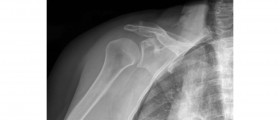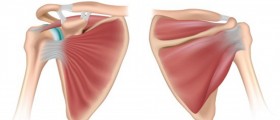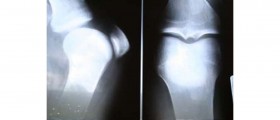I had surgery on 12-17-20 Rotator cuff , and spurs and arthritis on my left shoulder, and I go to PT three times a week , and I'm still in a lot of pain. I'm in my 9th week. I have good movement they say. Is this normal.
Loading...
Hello,
rotator cuff surgery and associated procedures often involve a lengthy recovery. Here are some general considerations:
-
Recovery Time: Recovery from rotator cuff surgery can be quite variable. Some people may experience a reduction in pain and improvement in function within a few weeks, while others might take several months or more.
-
Pain Duration: Pain after rotator cuff surgery is not uncommon, especially in the early stages of recovery. Pain can result from the surgical procedure itself, inflammation, muscle spasms, or stiffness from immobilization.
-
Physical Therapy: PT is essential to regain shoulder function and strength after surgery. It's crucial to attend sessions and perform prescribed exercises at home. The fact that you have good movement is a positive sign, as range of motion is one of the early goals of rehab.
-
Pain Management: It's essential to communicate your pain levels to both your surgeon and physical therapist. They may recommend adjustments in your therapy, exercises, or medications to help manage your pain.
-
Stick to Post-Op Guidelines: Always follow your surgeon's post-operative guidelines. This might include wearing a sling for a prescribed amount of time, avoiding certain movements, or gradually reintroducing activities.
-
Potential Causes for Prolonged Pain: If pain persists, there might be various reasons, including:
- Adhesive Capsulitis or Frozen Shoulder: This can develop if the shoulder becomes too stiff or immobile after surgery.
- Re-tear or Failed Repair: In some cases, the repaired tendon might not heal correctly or can re-tear.
- Nerve or Tissue Damage: Sometimes, the surgery or the initial injury can cause nerve irritation or damage, leading to prolonged pain.
- Muscle Atrophy or Weakness: Lack of use of the shoulder muscles might lead to muscle atrophy or weakness, which can contribute to pain or discomfort.
-
Seeking Medical Advice: If your pain is persistent, increasing, or if you have any concerns, it's essential to consult your orthopedic surgeon or another medical professional. They can provide guidance on your recovery, perform evaluations, and offer additional interventions if necessary.
Loading...
















